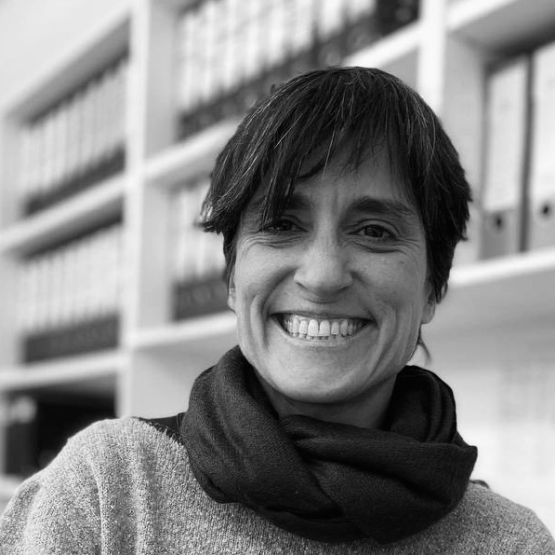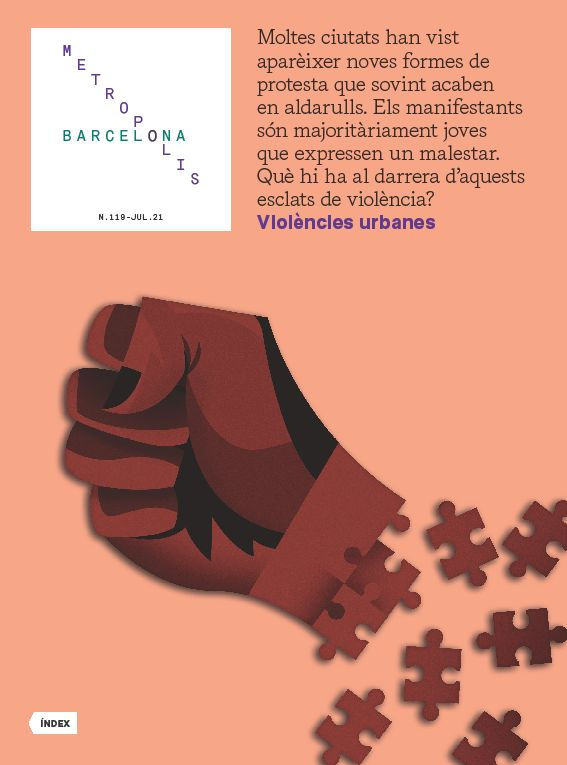The legacy of Arcadi Oliveres, the peaceful economist
- Books
- Culture Folder
- Sep 21
- 5 mins


Paraules d’Arcadi [Arcadi’s Words] is his last book, which I have had the privilege of editing. A compendium of concepts to gain a better understanding of how this world works (or how it doesn’t work), and in which this alter-globalist economist and reference point of social movements, who leaves in his wake a trail of Arcadi enthusiasts and followers of his fight, reviews what guided him in the stance he took to understand how we got here, or, as the subtitle says, what we have learned from the world and how we can act. If we are still in time.
Deep in the throes of the pandemic on a planet that is calling a halt to rampant consumerism and absurd wars and conflicts, to deaths from hunger (still happening) and of those attempting to cross a forbidden Mediterranean..., in a world that punishes the dissidents and turns them into political prisoners (also still happening)..., voices are needed that stir consciences and make us take sides in some revolutions that may be ant-like, since they are based on perseverance and, above all, on resistance and advocacy. One of these voices, unfortunately one that has now passed on, is that of Arcadi Oliveres, the street economist, the unarmed prophet (as christened by the journalist Joan Barril) or the peaceful activist who dared to say, loudly and unreservedly, that the capitalist system “is a criminal and murderous system that must be destroyed”.
No, it is no easy feat, but it is no lie either. Arcadi Oliveres is and has been the man who brought evidence and statistics to the table to explain, in a pedagogical and clear manner, in thousands and thousands of talks (but also in university lectures and in so many campaigns and struggles), that inequalities and conflicts are condemnable because they are laden with interests and that we have a viable world of alternatives that would allow us all to live differently (and that we would not need three planets if we all want well-being in terms of the average life of a European). But coherence, humility, mutual support and responsibility are scarce in a world in which the coordinates seem to be combined in other directions: those of the powers that be and under the control of the mightiest that have created international relations based on profits and losses. And the thing is that the same people always lose, and a lot at that. How is it possible that the top twenty richest in the world have the entire wealth of all the women on the planet? Or that world military spending is 40 times higher than the money needed to eradicate world hunger? And even so, we always have a window to open: it’s called hope, “the one we are bound to”, which Arcadi advocated and told us, and that is the impetus and driving force towards action. An action that leads us towards a more decent world. And a more human and liveable world.
How does this world work (or how doesn’t it work)
Paraules d’Arcadi [Arcadi’s Words] is his last book, which I have had the privilege of editing. A compendium of concepts to gain a better understanding of how this world works (or how it doesn’t work), and in which this alter-globalist economist and reference point of social movements, who leaves in his wake a trail of Arcadi enthusiasts and followers of his fight, reviews what guided him in the stance he took to understand how we got here, or, as the subtitle says, what we have learned from the world and how we can act. If we are still in time. A book that talks about democracy, refugees and migrations, climate change, capitalism, arm stockpiling, pandemics, populisms, freedom, politics and social movements..., in a to-ing and fro-ing that oscillates between what oppresses us and everything that still remains to be done, which would be the cracks from which alternatives emerge. A man of peace and also a point of reference in so many historical struggles, his mission was to put questions to us, to make us think and to give us answers to build “another possible world” that he proclaimed and practised, always from a very rebellious kindness.
A figure of consensus, he said that economics, as a social science, had taught him above all to seek a balance based on social justice, or, rather, global justice, because with it so many of us learned that everything was interconnected and that all our (small) acts have their consequences. His impact is also a legacy for future generations, considering that he already delivered some of his talks in schools and secondary schools, placing ever more emphasis on the key factor that, in his opinion, would allow change: education. In values, needless to say.
And just as he has taught us to live, through his discourse and his positioning, he has also taught us, over his last days, to die. To die in a dignified manner and with gratitude for everything lived, shared and learned. He said that, if he had been a mentor to so many people, it was precisely because he had been a good student. Now we have his Paraules [Words], a testament to continue his fight. One that already corresponds to that of many (and so many) people.
Paraules d’Arcadi. Què hem après del món i com podem actuar [Arcadi’s Words. What We Have Learned from the World and How We Can Act].
Arcadi Oliveres
Angle Editorial
170 pages
Barcelona, 2021
The newsletter
Subscribe to our newsletter to keep up to date with Barcelona Metròpolis' new developments




